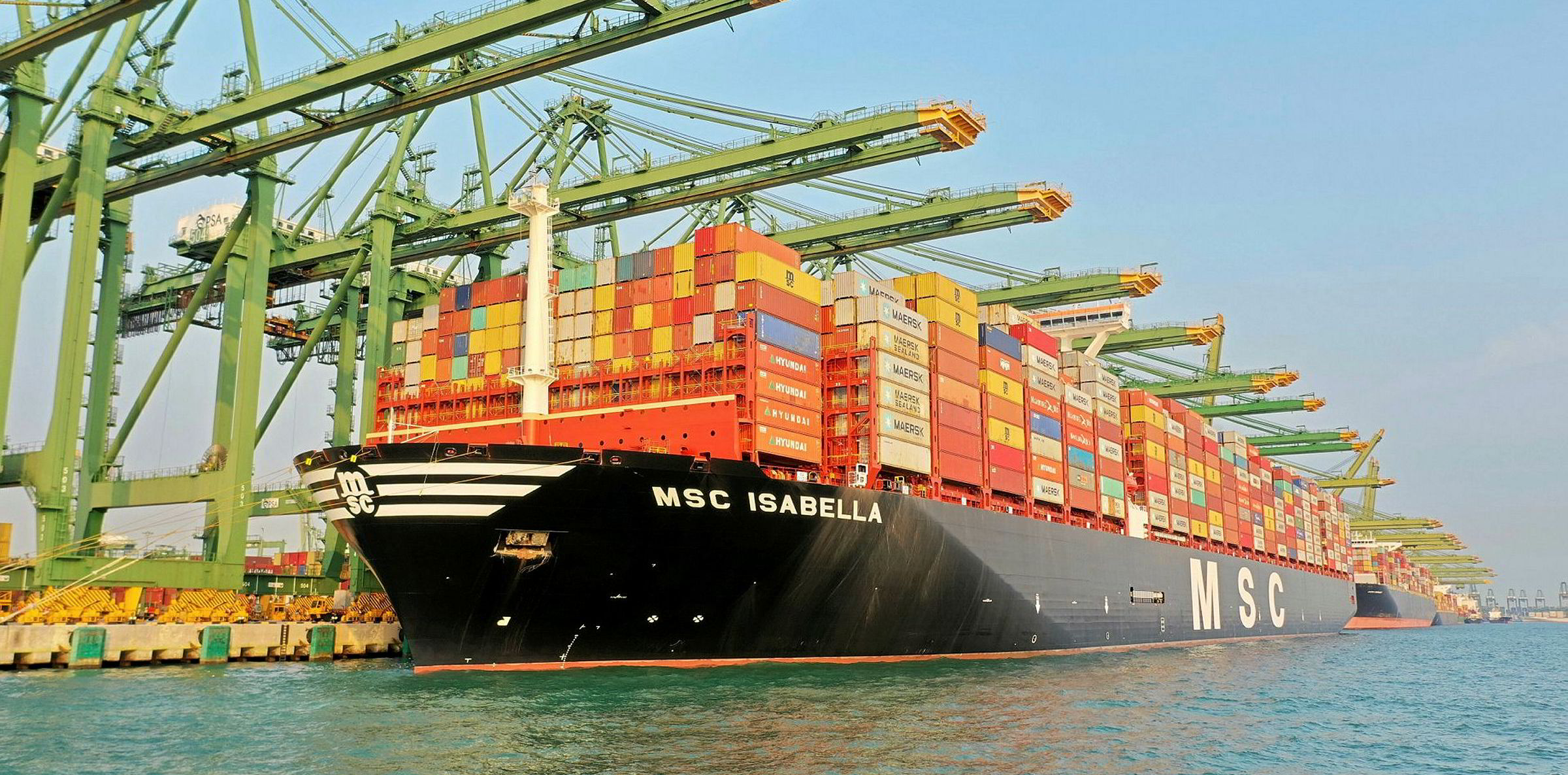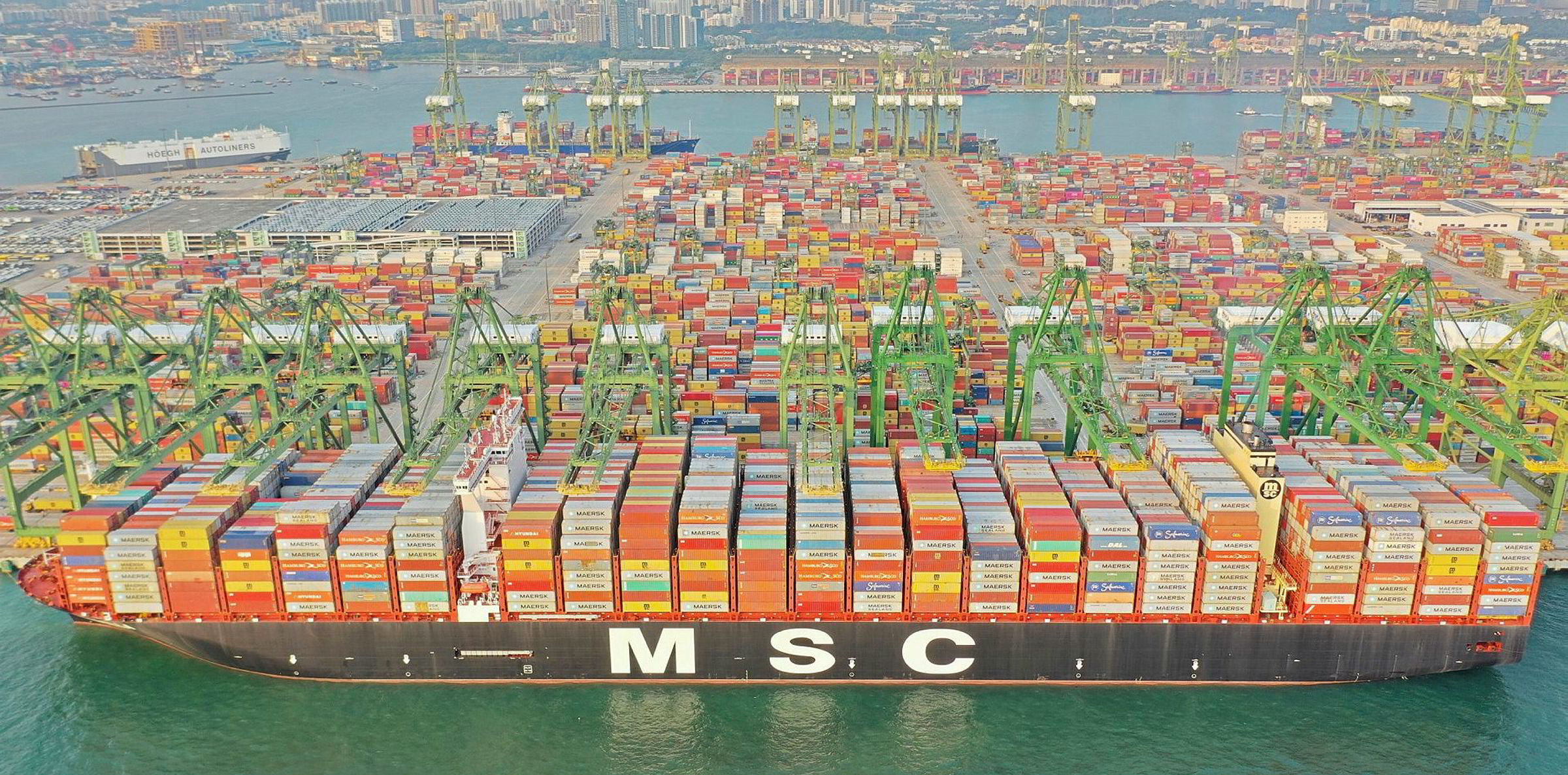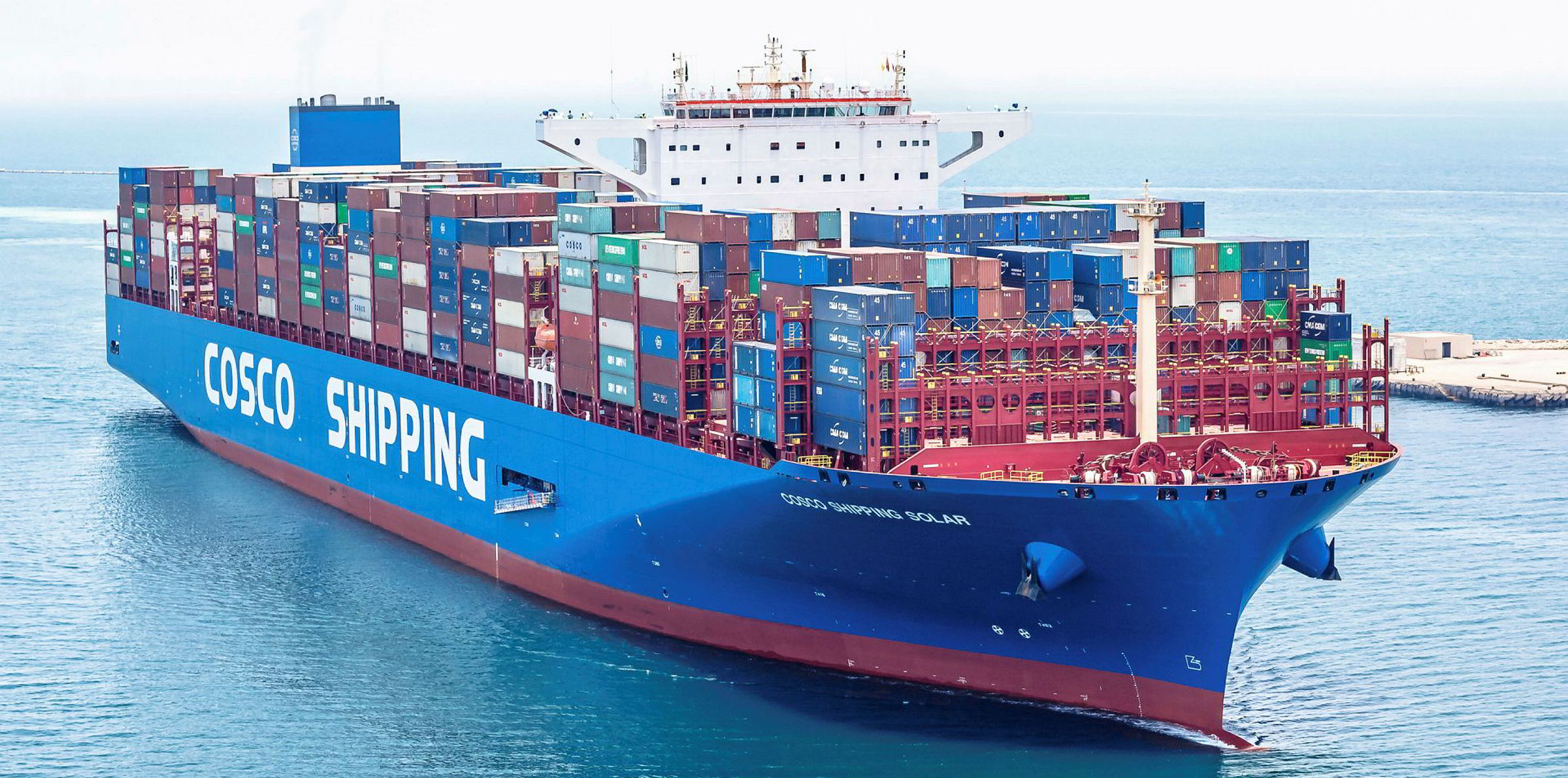PSA International (PSAI) could see a decline in volumes of between eight and 10% this year, according to a new report by Moody’s.
Despite this, the Singapore terminal operator has seen its Aa1 rating affirmed by the ratings agency on the back of its strong government links.
“The affirmation reflects our expectations of very high support from Singapore's government as well as PSAI’s underlying credit strengths, as reflected by its diverse portfolio and strong market positions globally, which in turn underpin its strong profitability and resilience to economic downturns,” Ray Tay, Moody’s lead analyst for PSAI, said.
The rapid and widening spread of the coronavirus outbreak, the deteriorating global economic outlook, falling oil prices and asset price declines are creating a “severe and extensive credit shock” across many sectors, regions and markets, the combined credit effects of which are “unprecedented”, according to Moody’s.
“The port sector is affected by the shock given its exposure to declining cargo volumes stemming from weakening global trading levels and softer macroeconomic conditions,” it said.
Covid-19 having unprecedented effect on port sector
“Although there are risks to throughput, we expect PSAI to stay resilient amid the current volatility in trade, aided by its key role in facilitating adjustments to global trade flows through its transhipment hubs, and robust financial metrics,” Tay said.
In terms of recovery, Moody’s said PSA’s throughput recovery in 2021 will be “gentler than the 10% to 14% recorded in 2010”, after the global financial crisis.
Other than the impact of coronavirus and continued trade volatility, Moody’s said PSAI's baseline credit assessment (BCA) is also constrained by the capital needs of some of its ports, which are in start-up or expansion phases.
However, Moody’s said PSAI has an “excellent liquidity profile”, with ample cash holdings of SGD 3.2bn ($2.3 bn) as of the end of 2019, which was “more than sufficient” to cover its expected capex requirements of SGD 1.3bn over the next 12 months and debt maturity of around SGD 1.8bn due in 2020.
“PSAI also demonstrated its market access and proactive liquidity management by tapping the bond markets twice via PSA Treasury in March and April 2020, successfully raising SGD 500m and $650m respectively,” it said.
In 2019, PSAI handled a total of 85.2m teu in 2019, which was 5.2% higher than the volumes achieved in the previous year.
PSA terminals outside Singapore handled 48.3m teu, up 8.1% year-on-year as the company was boosted by several overseas acquisitions.
The company made three major terminal acquisitions last year — two in North America and a third in eastern Europe.
It acquired Penn Terminals in Pennsylvania and Halterm Container Terminal in the Port of Halifax — both from Macquarie Infrastructure Partners.
In March, it confirmed that it had agreed to acquire Poland’s largest container terminal —DCT Gdansk — as part of a consortium.
Domestically, PSA’s flagship operation in Singapore reported modest year-on-year growth of just 1.6% to 36.9m teu.






